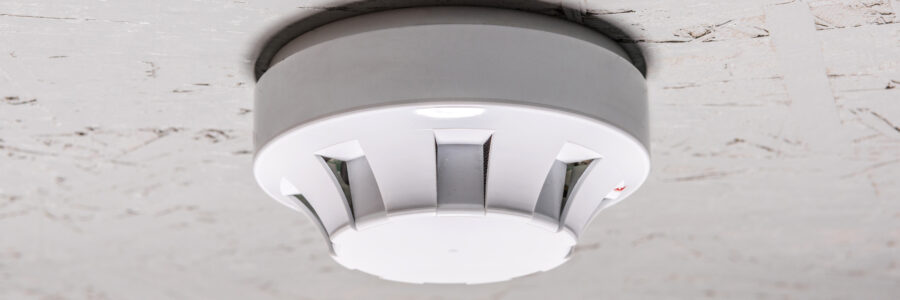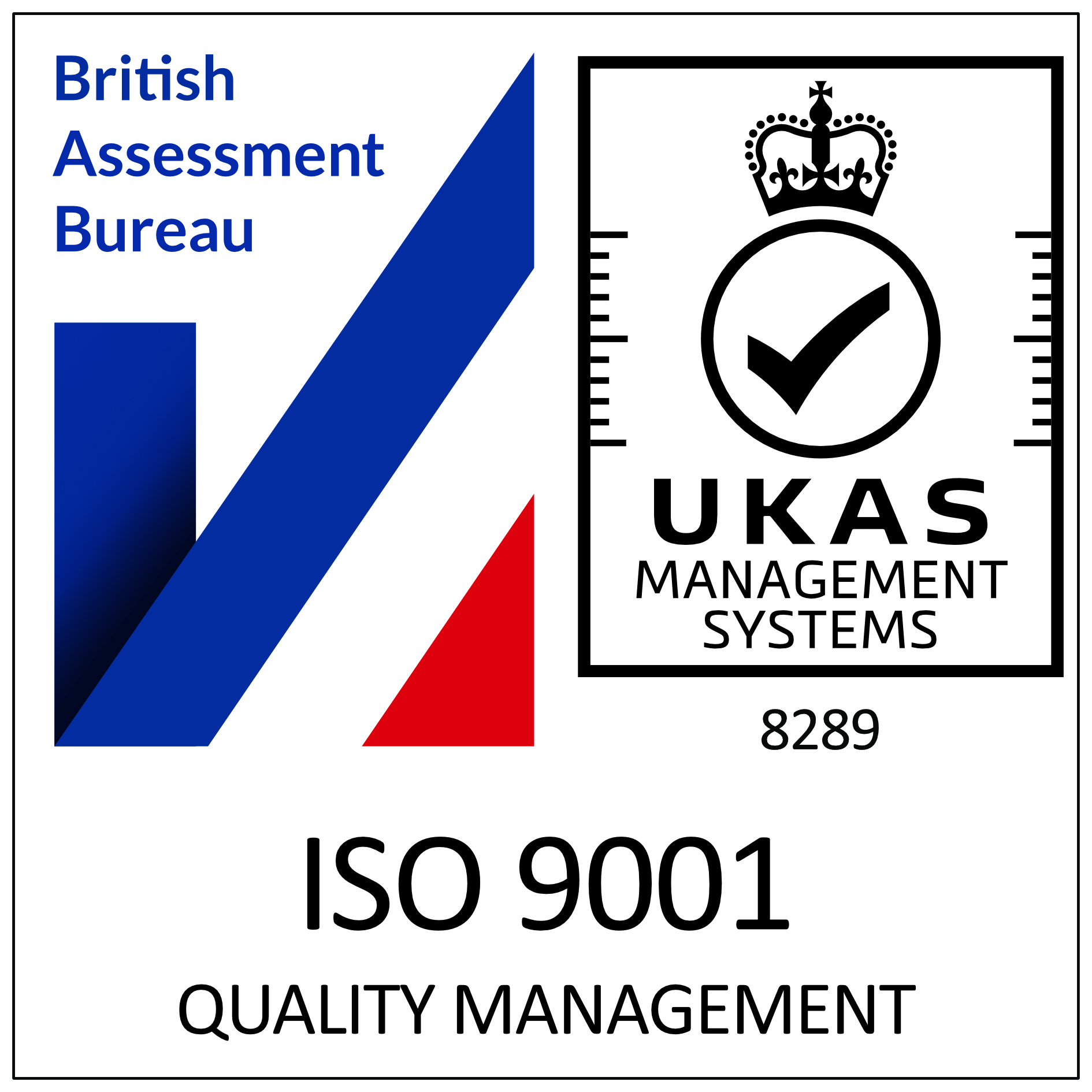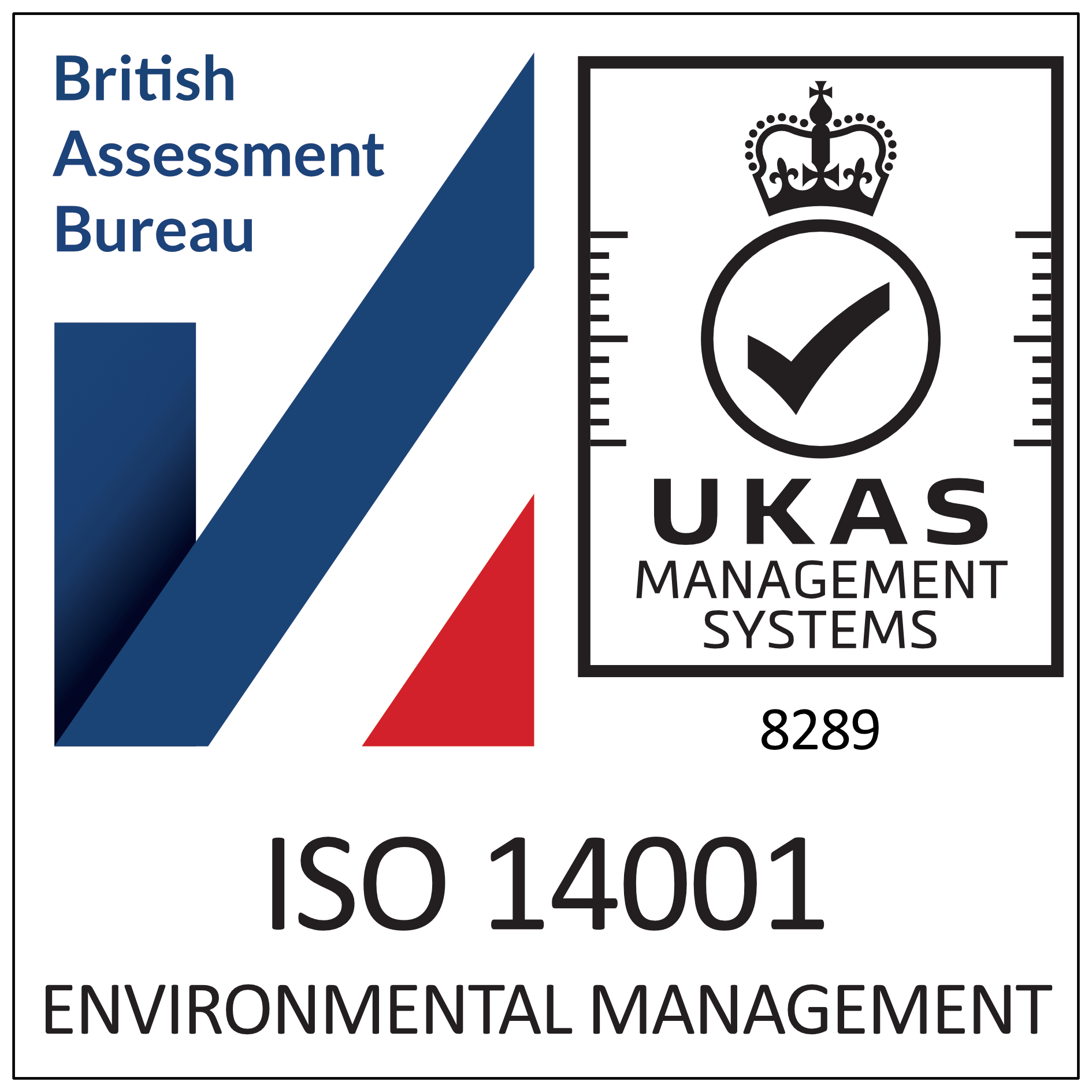Why Should Smoke Alarms Be Replaced?
We are guided by ‘use by’ or ‘sell by’ dates on many everyday items – for example, food items with an expiration date doesn’t necessarily mean that you CAN’T eat it after that date, but you know it is no longer in ‘peak condition’! Well, smoke alarms adhere to the same reasoning – over time they become less effective – here are some considerations and information for testing and replacing your smoke alarms:
Current Recommendations
The guide for smoke alarm installation and maintenance is governed by the Smoke and Carbon Monoxide Alarm (Amendment) Regulations 2022. These regulations stipulate that at least one smoke alarm is installed on each storey of any living or residential environment and that they are either repaired or replaced once any fault has been discovered and reported. Failure to do so will result in a hefty fine for the landlord in rental or leased properties. The general guideline is that smoke detectors are fully replaced every ten years.
Reason To Replace Alarms
The main reason that fire alarms need replacing is because, like most things, time alone can lead to a degradation of the different parts. The most important component of a fire alarm is the smoke sensor itself and, over time, they degrade to the point that they are no longer dependable or effective – a dangerous situation to have! All fire alarms will have a manufacture and a ‘Replace By” date and these should be strictly adhered to. When you consider these devices are permanently in use, providing 24-hours-a-day protection for families at home and people at work etc. – they are never turned-off so obviously simple wear-and-tear has an effect on the lifetime of these devices.
Testing And Maintenance
When the batteries that power the smoke alarms start to wear down the alarm will alert you by the annoying ‘chirping’ telling you that you need to replace them. You should not, however, take this as the warning that the smoke alarm itself is functioning effectively. The battery-replacement alarm is only telling you that the battery and electronics are functioning or not – they are not confirming the effective status of the actual smoke sensors – that is why the ‘TEST’ button that people regularly use to see if the alarm is functioning can give you a false alarm – it is only testing the electronic components of the device! The detector alarms aren’t designed to inform you of the smoke sensor function – and without the sensors working a smoke detector is absolutely worthless! So be aware of the dates provided on the alarm itself and ensure that the ‘replace by’ is never exceeded!
How The Smoke Detector Works
To appreciate why and when smoke alarms need to be replaced, it helps to fully understand how they work. Most smoke alarms work by utilising a process called ionisation – there is a small amount of radioactive material located between two electrically charged plates which ionises the air flow between the plates – if smoke enters the chamber where the plates are located it disrupts that ion flow and triggers the alarm. However, this radioactive material only has a lifespan of ten years maximum – and will degrade over time making the fire alarm less sensitive and, therefore, less effective as time passes, so will need replacing. Some fire alarms work on a photoelectric system – these types of fire alarm contain a light source at an angle away from an internal sensor and, if smoke enters the chamber, it reflects that light onto the sensor and triggers the alarm. Whilst this type of smoke detector would appear to be better because of less degradation of the important components they are only really effective for fires that occur with a long period of smouldering, whereas the ionisation detectors are responsive to flaming fires – you should employ both types of alarm in your home or workplace!
Ten Year Guide
Studies show that the electronics in the detectors fail at a rate of around 3% per year, so at the ten-year mark there is a likelihood of over 25% that the alarm will fail in the event of a fire outbreak! That is why the recommendation is that you should replace your fire alarms/smoke detectors every ten years minimum!
Enfield Doors
If you have any questions about smoke alarms, please contact us. Alternatively, you can visit our fire safety page for more information.









